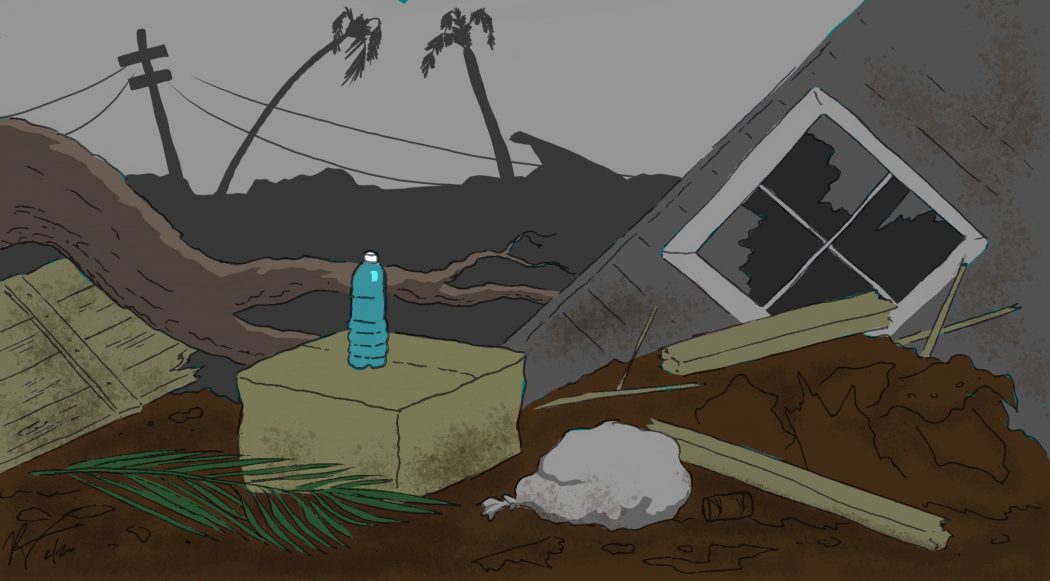Opinion: Why everyone should learn Economics
“It is not from the benevolence of the butcher, the brewer, or the baker that we expect our dinner, but from their regard to their own interest.” – Adam Smith, The Wealth of Nations
No educational subject excites me more than economics.
The word “economics” probably brings to mind images of money, banking and Wall Street, but the field is so much more than that. Economics applies to everything.
While it certainly does have extensive monetary applications, economics is fundamentally a guide to rational decision making. The insights it provides can be enlightening in a world driven by costs, strategies and opportunities — a beacon of light that can be used to navigate life’s storms.
Fundamental to economics is the idea that everything has an associated value and cost.
When you decided to read this article, you gave up the opportunity to participate in a different activity. This is known as an opportunity cost.
In life, we are all constantly forced to weigh opportunity costs. Each of us has a finite amount of time and resources, and it is up to us to figure out how to optimize these resources. Questions like whether to declare a second major, whether to go to graduate school, and whether to graduate early can all be elucidated with an economic mindset. To look at life through the lens of maximizing utility enables one to be more effective in his or her endeavors.
Economics also provides the framework necessary to approach public policy issues in a more enlightened way.
One example of how economics can be used to analyze policy pertains to price gouging in events of crisis. At face value, price gouging seems like an immoral act, but the reality of the situation is far more nuanced than that.
Imagine that a hurricane hits an area of America, and there is a low supply of water bottles in the crisis zone. The allowance of price gougers to come and sell their water at ludicrously high levels will attract more sellers to the area. As these sellers enter the market, they will be forced to compete with each other, eventually reducing the price back down to pre-crisis levels. If price gouging is not allowed, however, there will be an undersupply, leading to dehydration and suffering.
Another example is the prisoner’s dilemma — a classic economic scenario in which two criminals are captured and interrogated in separate rooms. Each prisoner is informed if they tell on their partner, they will receive a reduced sentence, while the other prisoner is hit with the full extent of the law. If both the prisoners tell on each other, they will each receive medium-length sentences. Finally, if the prisoners both decide to keep quiet, they will both receive small sentences by virtue of there being no confession, generating the best outcome for everyone involved.
On the surface, it would seem that the rational thing to do is to stay quiet, but this is not the case. If we assume the prisoner in the situation is concerned only with minimizing the time he spends in jail, it is always more advantageous for him to tattle. If the criminal’s partner decides to snitch, it is better for the criminal to confess to minimize his overall sentence and bring his partner down with him. If the criminal’s partner decides not to snitch, it is more advantageous for the criminal to confess because his personal sentence will be reduced significantly while the other partner is punished.
Even though it sounds obvious that it would be in both prisoners’ interest to stay quiet, the incentive structure does not encourage that.
Humans are not purely rational by nature, and we often make choices that go against our better interests. Economics is a guide on how to maximize our happiness function, even though we’re all different and have different things that make us happy. It also allows us to be more effective agents of change by enabling us to assess the world around us in a more analytical way.
You’re only here once, so you might as well optimize the resources you’ve been given. Sign up for Economics 1500 this Fall!

